Take a moment and close your eyes. Recall the last time a certain aroma transported you to a distant memory. Perhaps it was a hint of steam rising from a pot of rice cooked precisely the way your mother used to prepare it. Or the zest from simmering tomatoes that reminded you of a person you have lost, but have never forgotten. Relishes and delicacies have a way of reaching into our memory and reminding us of who we are, even when we have lost the plot.
Discussions regarding identity tend to highlight language, clothes, and even flags. Something as simple as food goes a step further. It does not only touch our lips, but gives us the warmth of belonging. It becomes part of who we are. With every bite, we remember the places we have traveled, the people we cared about, the battles we have fought, and the dreams we carry forward. You do not have to utter a single word to contemplate someone through their cuisine. All you need is an inviting heart and a seat at the table.
This is far beyond diet – this touches the incredibly intimate elements of intimacy, navigation, and finding refuge upon a plate when the world eludes a sense of coherence.
What Food Teaches You When You’re Young
Right from the moment you pop out, food is an unremitting constant. Starting from the nourishing milk and the way one is cuddled while being fed, followed by the flavor of mashed bananas or the porridge served to you piping hot on a frigid day. Care and protection engulf you with the food being served to you and the routines one follows. Even prior to grasping speech, the act of feeding teaches you more than words can express and a sense of freedom flourishes before one truly comprehends the world around them.
In the later stage of life, food and identity come hand in hand. As you grow older, you start to identify with food perhaps because of the warm bond that comes attached to it. Maybe your family prefers to eat together on the floor, accompanied by a tasty dish on Friday nights along with spices that have the scent of lingering clothes. All these acts go beyond nourishment for the body. They help give insight to your origin which can later turn into a whole identity, a culture, or a people.
As a child, you don’t understand that some habits are unique. You assume everyone has the same eating pattern. But, much later, when you are miles away from your home and yearning for something simple, you understand how deeply you are bound to your culture.
When Distance Forces You To Cook With Memory
Whether it’s migrating abroad for studying or moving cities, home cooked food is the only thing that makes feels whole. You start missing not only your hometown, but also the people, places, and cultures associated with it. There is a deep rooted sense of nostalgia tied to food.
When in search, most people try to invent a dish they wrongly believed to be graspable. It’s not about the attention, but the comfort and familiarity that comes with the dish. You look at old family recipes, and sew your own heart into every dish. Many lose sight in the process of using new combinations, but it becomes therapeutic.
There’s a personal connection embedded within every recipe. Each step involves a distinct form of self recognition. I know my roots, and my origins are a part of me.
Recipes That Hold More Than Instructions
Every family possesses recipes that they claim have never been written down. They live in movements, in gestures, and rhythm. A dash of this. A scoop of that. Instead of textbooks, the recipes are passed through word of mouth and storytelling. The voices of the past; the collection of these recipes consist of those who survived hardship, who celebrated love, and who fed generations before one was even born.
In cooking these meals, the voices of ancestors are kept alive. Even if one hasn’t been able to get the chance to meet their great grandmother, using her spice blend or folding dumplings the way she did allows one to be present with her. This aids in forming the unbroken line. A connection not just to blood, but something deeper: through tradition and belonging.
Mistakes don’t define your work. What matters is the effort You remind your self that you aren’t alone, there is someone who once fed you, passed on to you something worth holding onto, and even if you did not know your siblings or even your grandmother, this lets you bring back for the first time considered ‘family’.
Belonging Begins With Who You Share Food With
Does the concept of sharing a meal ring a bell? It does to me. You can sit next to someone you do not know and remain silent until the meal is served. Then suddenly, food brings laughter and warmth. It shifts the edges between you and others which makes the difference between being an acquaintance to a friend and sometimes a family member.
This explains why food becomes the heart and soul of a community. As for city dwellers, neighborhoods have certain words that describe their flairs. Street corners transform into the epitome of a defining cuisine. The appetizing scents wafting from local food stalls are not just food—they’re proclamations claiming, “We are glorious. Join us.”
From breaking bread to passing the bowl, food becomes the highlight of small rituals that foster connection. And now you start to belong not because of residing in a particular area, but being welcomed to the table.
What It Feels Like When Food Doesn’t Match Your Identity
But there’s a more complex issue that deserves attention. At times the very food that brought you pride as a child turns into the subject of mockery in your teenage years. Perhaps your lunch had a distinctive scent. Or your snacks resembled something strange. Perhaps you were bullied based on the food you brought to school. Gradually, you start to conceal your identity, one bite at a time.
Now, you start to select food that helps you blend in instead of stand out. You begin replacing your homemade meals with pre-packaged ones from the supermarket. You don’t remember how to make things your grandmother used to teach you. And in the end, you lose a part of yourself, not willingly but in an attempt to be safe.
Peaceful open wounds are often ignored in public spaces, yet the feeling of having to decide whether to connect to my culture or attempt to ease the conflict feels suffocating. We ought to be ashamed of food; instead, food should be a nation’s Pride.
Finding Your Way Back To Your Own Table
The beautiful truth is you can always start over. Even if you have forgotten the instructions. Even if feeling super embarrassed. Even if you feel like it has been too long. Food will stay for you. You will be guided by your consciousness. And the people who nourished you, be it physically or through the heritage they left behind, will join you in the kitchen.
Begin with small objectives. Rediscover a dish, head to the market, or talk to an old person. Permit yourself to experience discomfort, then permit yourself to experience happiness. It is rarely about perfection. It is having a presence, one that is in your story rather than fleeing.
When you regain your heritage, you regain your voice. You begin to speak, “This is what nourished me, this is what shaped me, and here is the manner in which I shall nurture others.”
Food As A Declaration Of Identity
All around the globe, food is being used as a means of declaring one’s identity, and at the same time asserting dominance. In some places, entire cultures have been subjected to endless day of persecution. Yet through it, people fight back, recalling, reclaiming throwing that one dish from deeply rooted forbidden memory fills forgotten power.
The act of preparing food specific to one’s culture serves as a proclamation: I exist. My culture persists. My identity hudles within something important. That component does not need validation. It does not need affirmation. All it needs is room, and through food, you create that room.
Feeding Others To Create A Place For Everyone
Sharing is the final act of food, and to me, the most beautiful aspect of all – not just within a culture, but across cultures. Cooking for other people, especially those who may not be familiar with your culture’s cuisine, is like opening a treasure box for them. You’re saying, “Come to my world, savor what I adore, and allow it to unveil my identity.”
In this manner is food creates borders. transforms strangers into acquaintances. becomes the foundation for discussions that would otherwise remain uninitiated. One does not require a shared dialect to appreciate a stew; you only need to sample it. In that morsel is something fundamentally grasped: everybody is trying to discover ways to belong, and food is one of the manners that can aid us in achieving this goal.

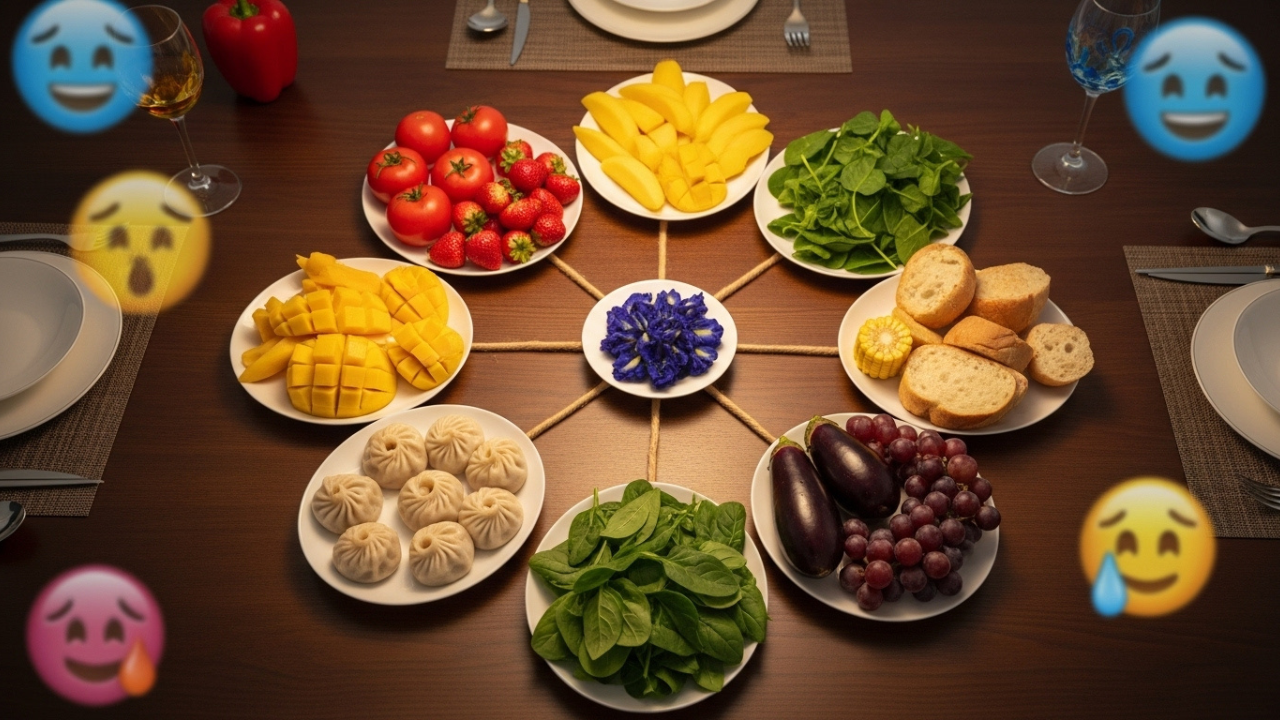

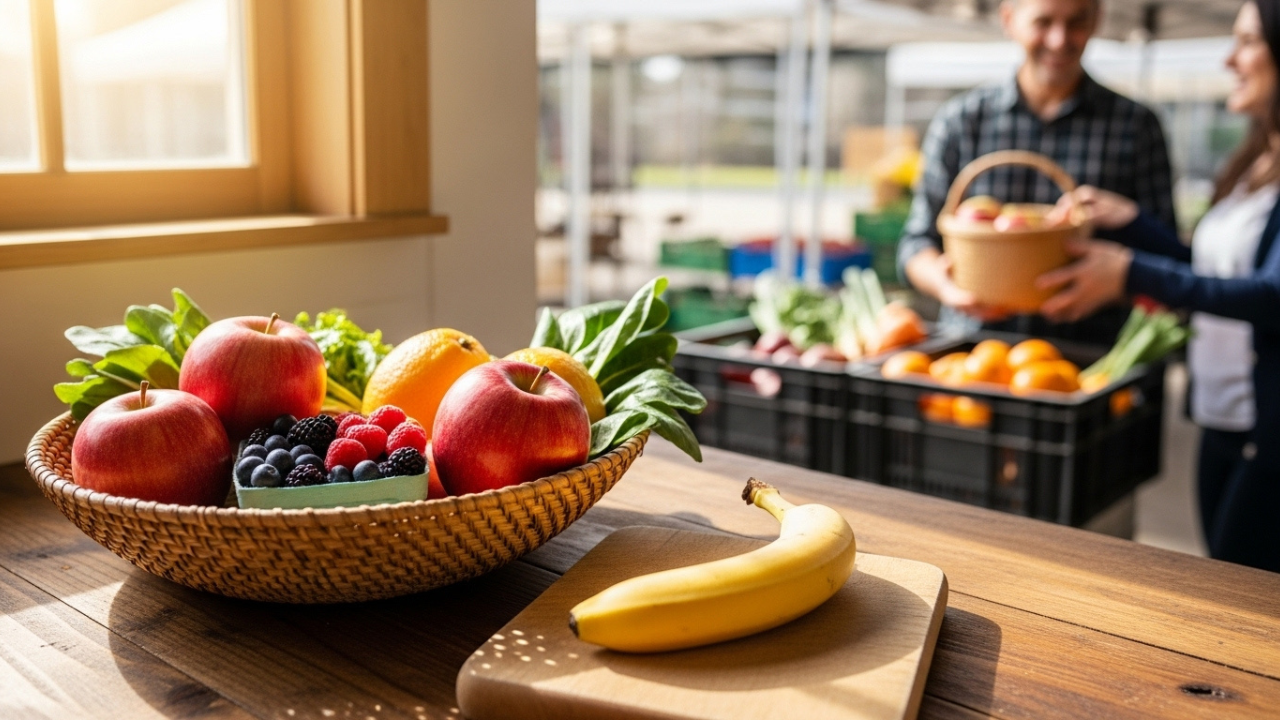
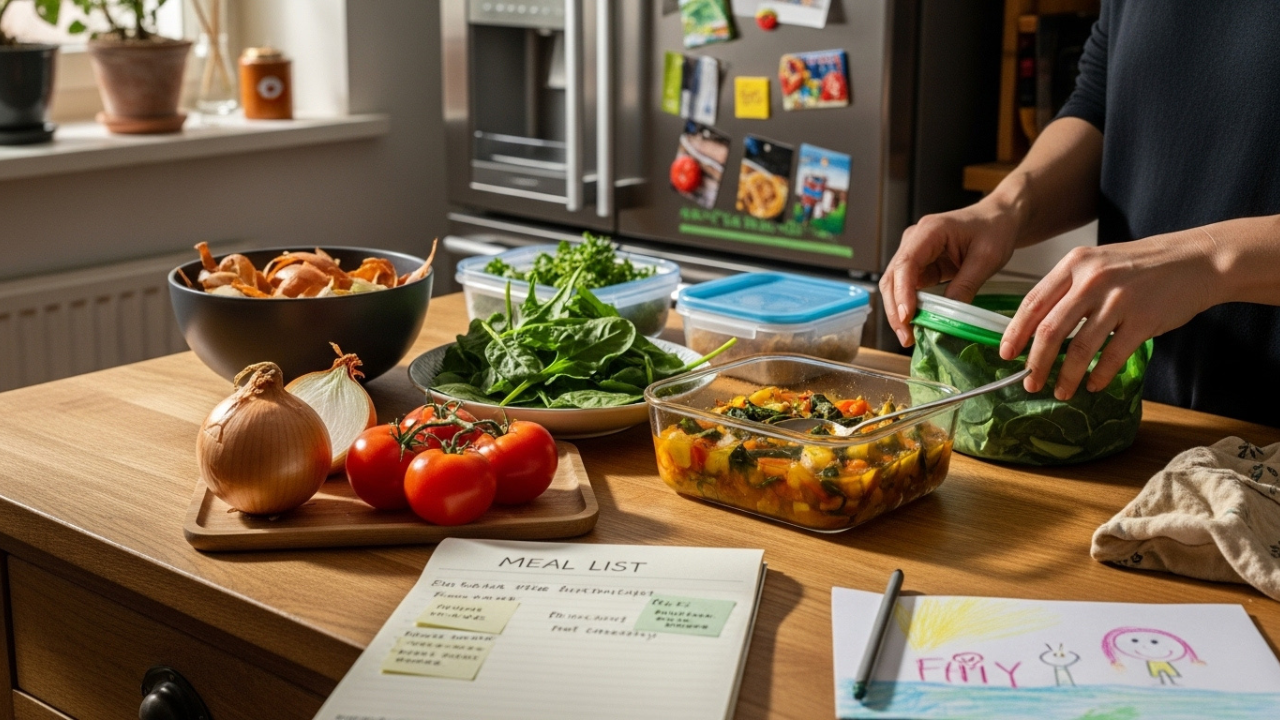
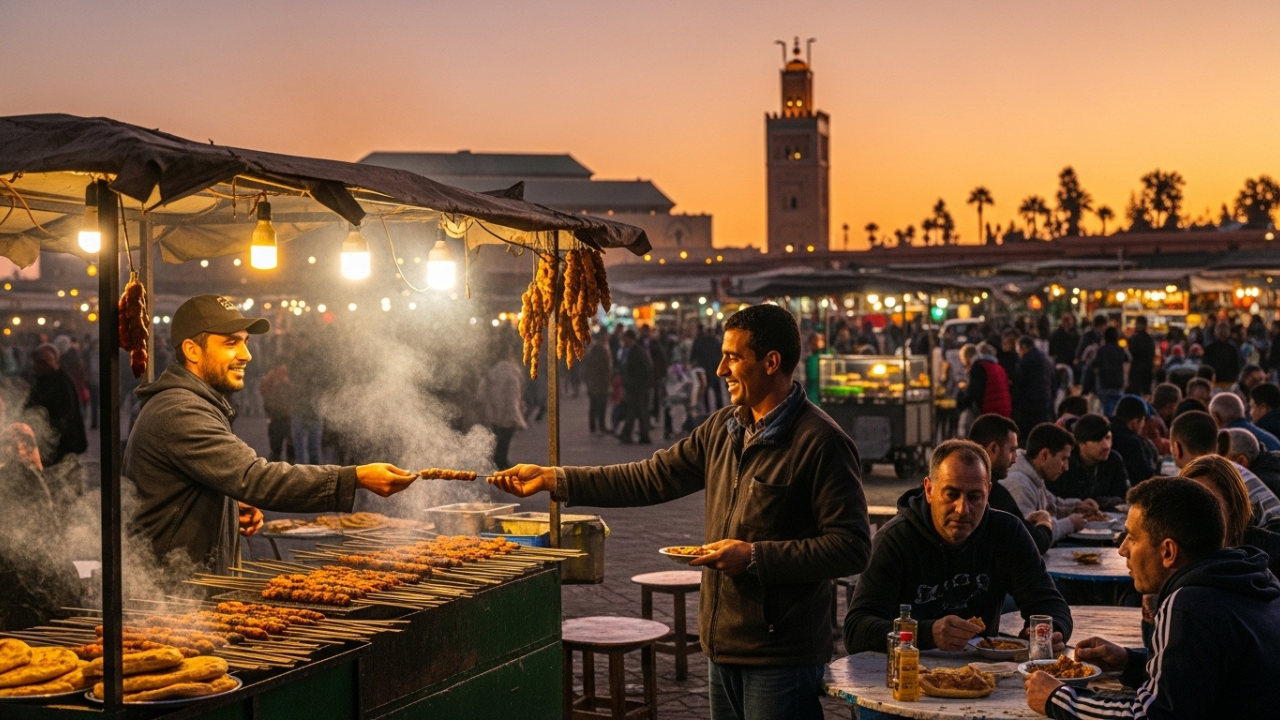

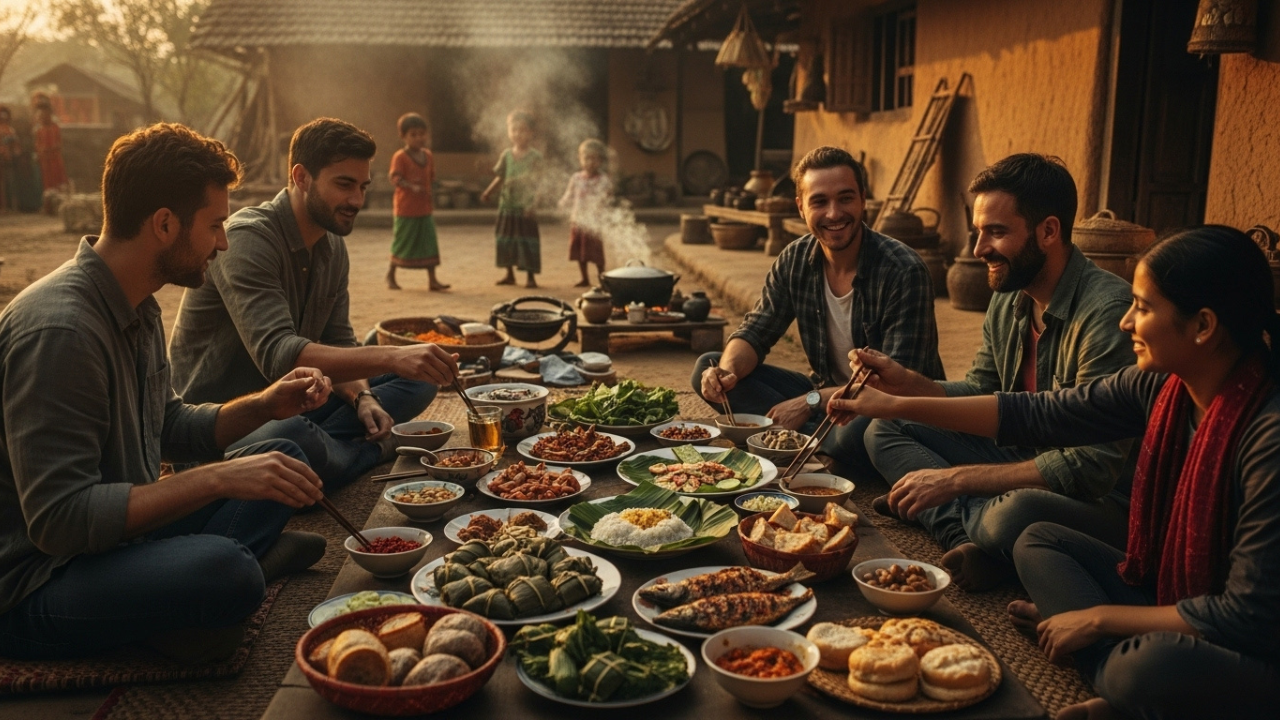
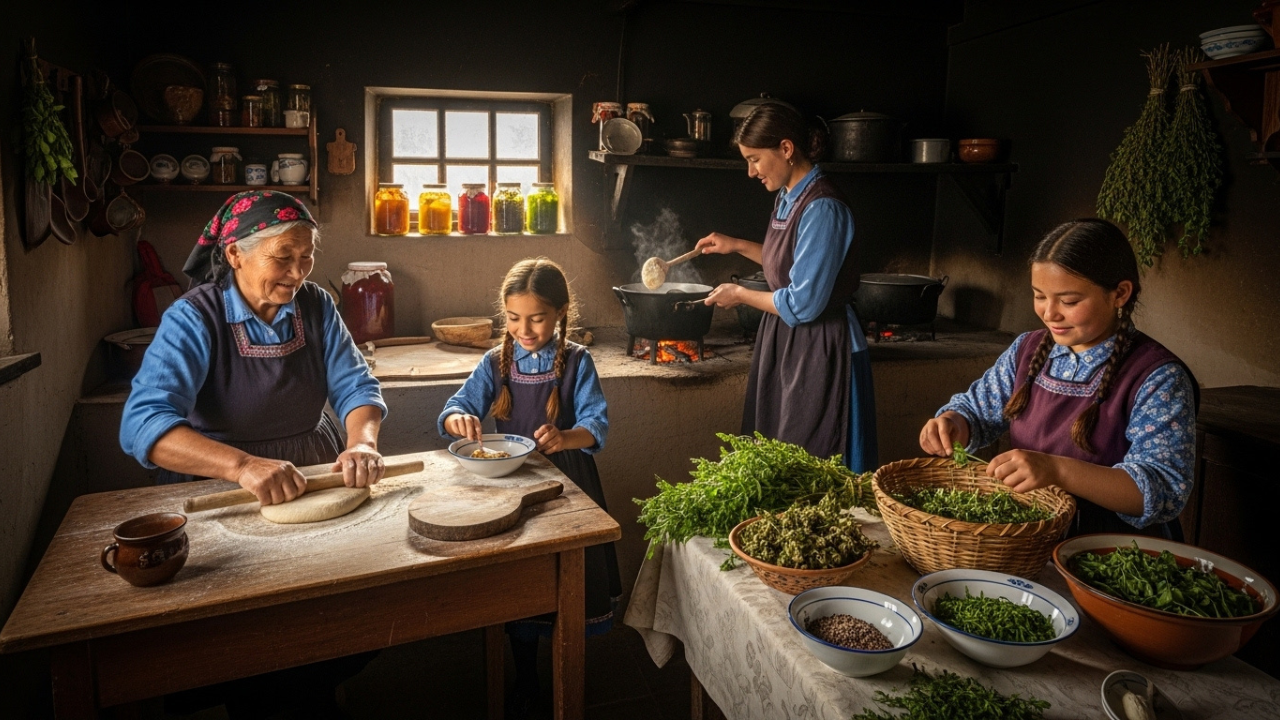



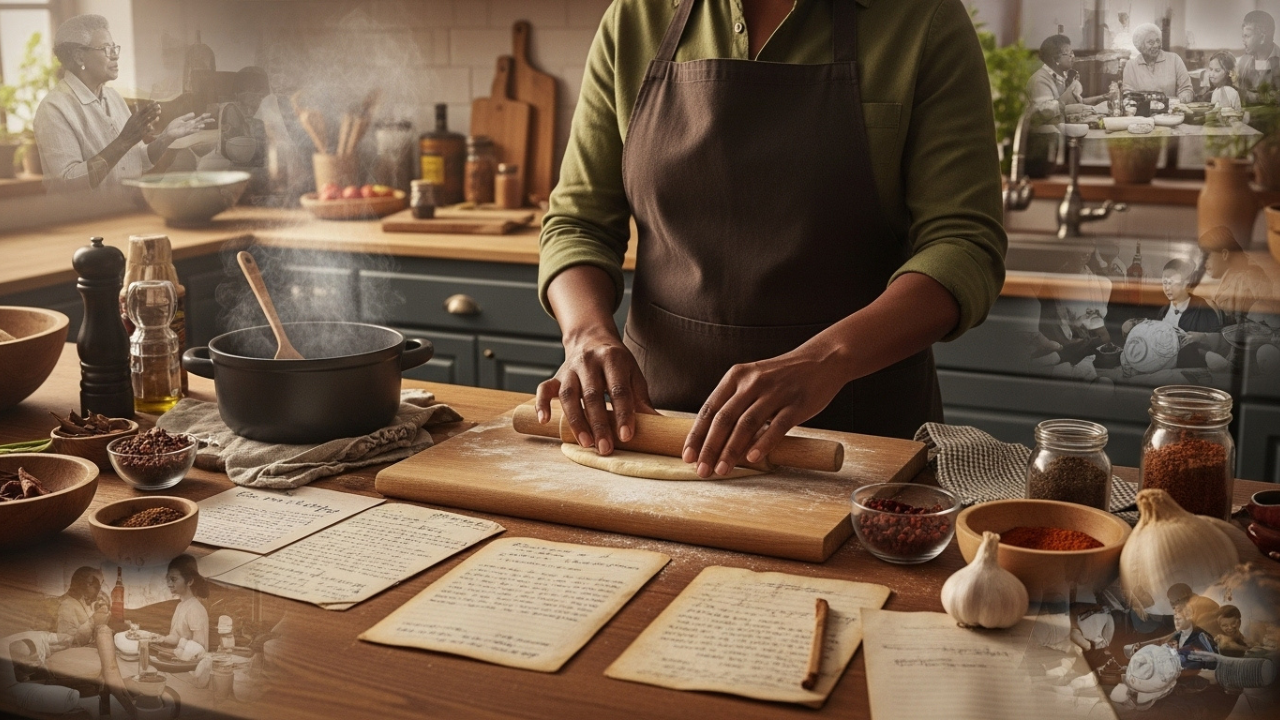
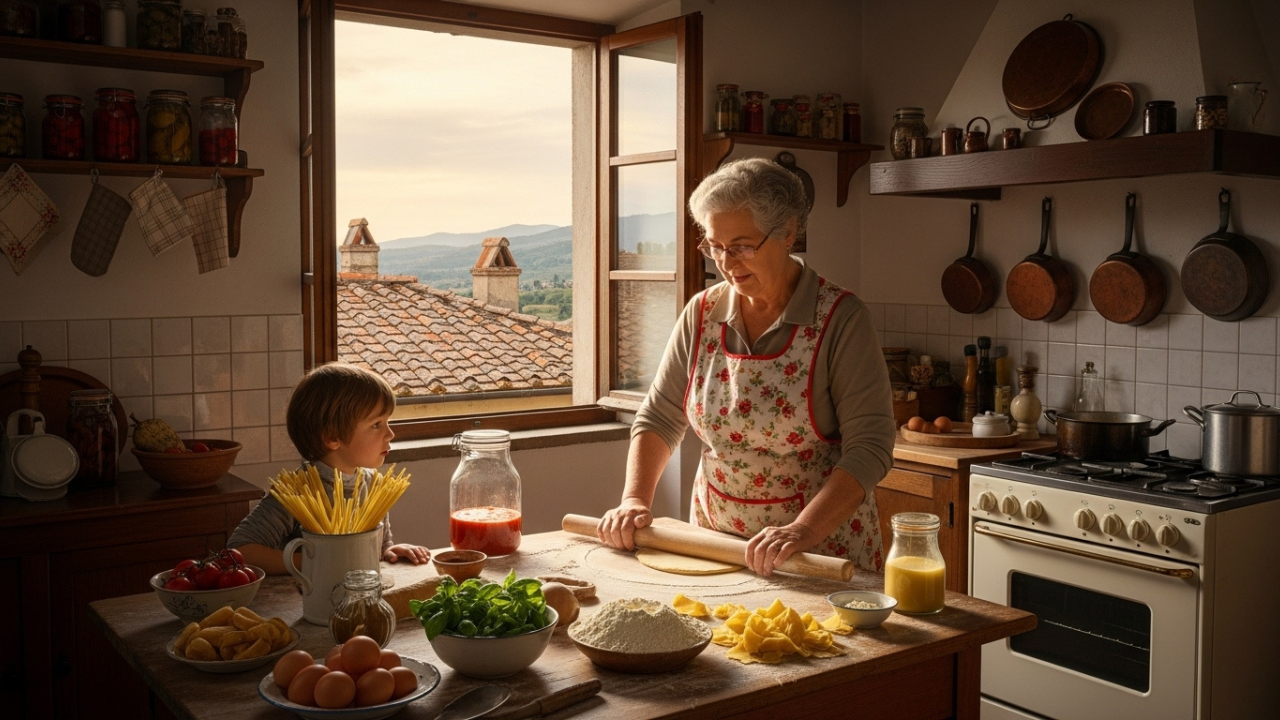

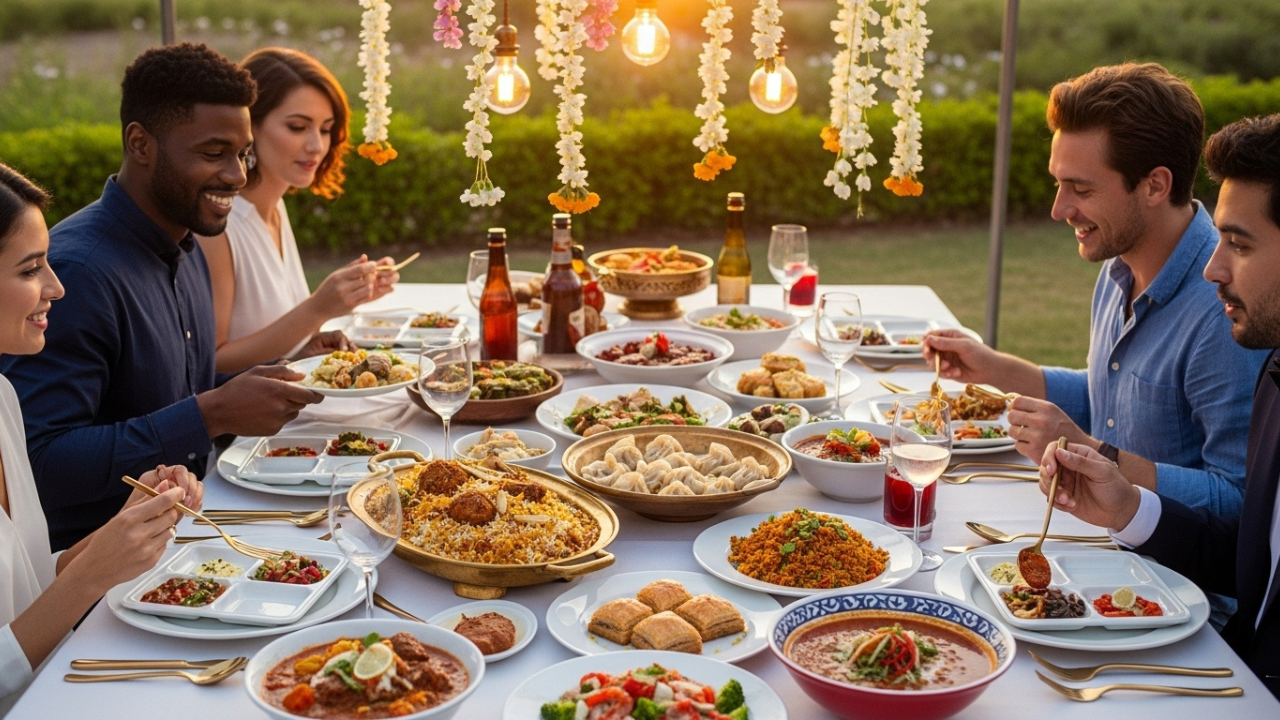
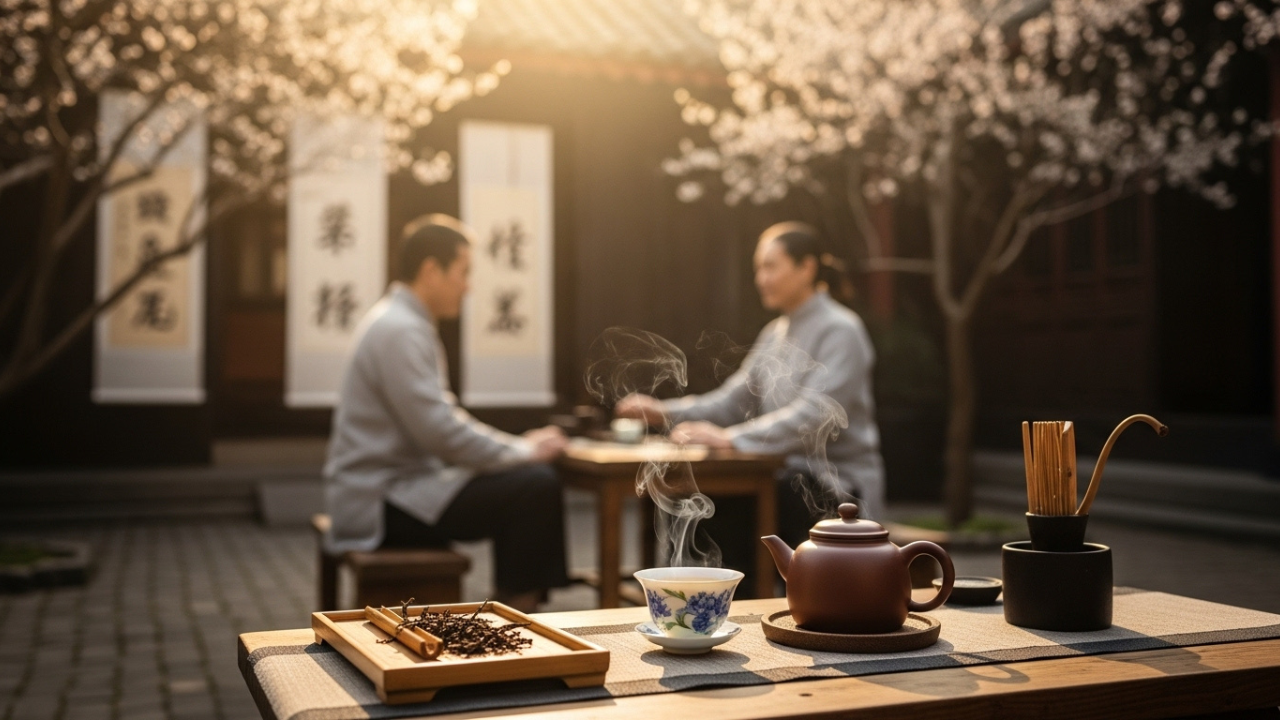
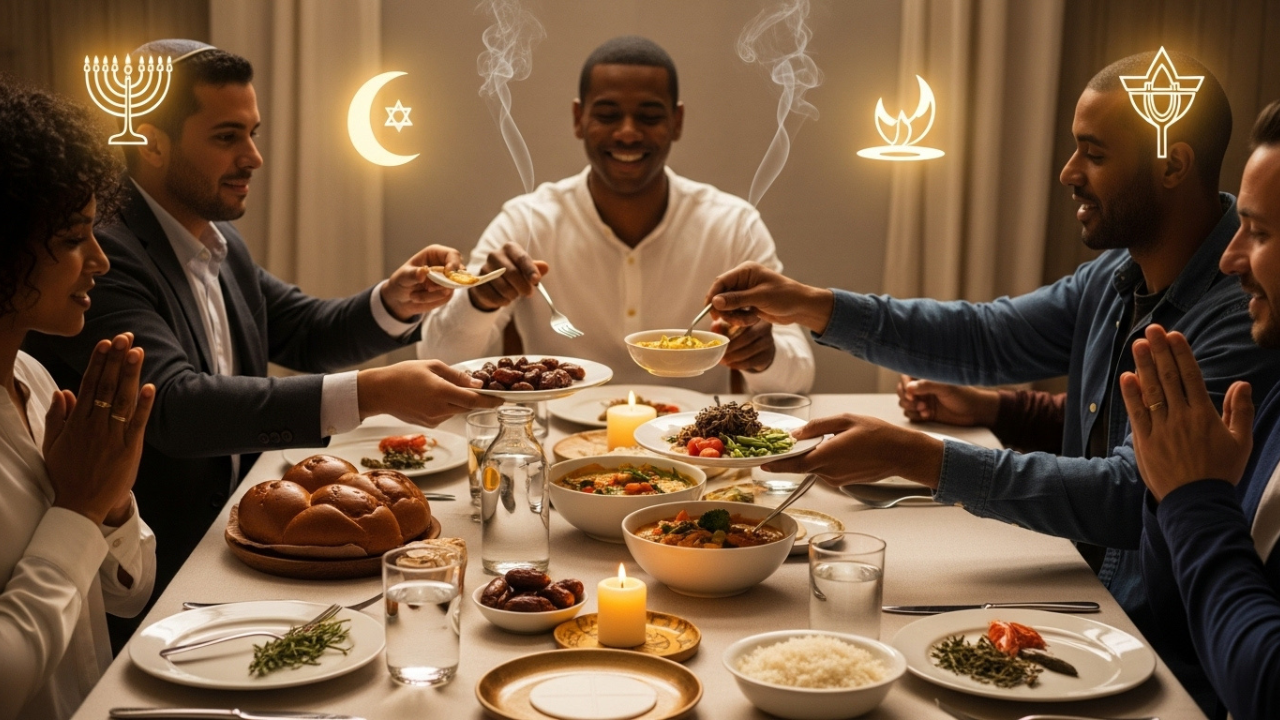
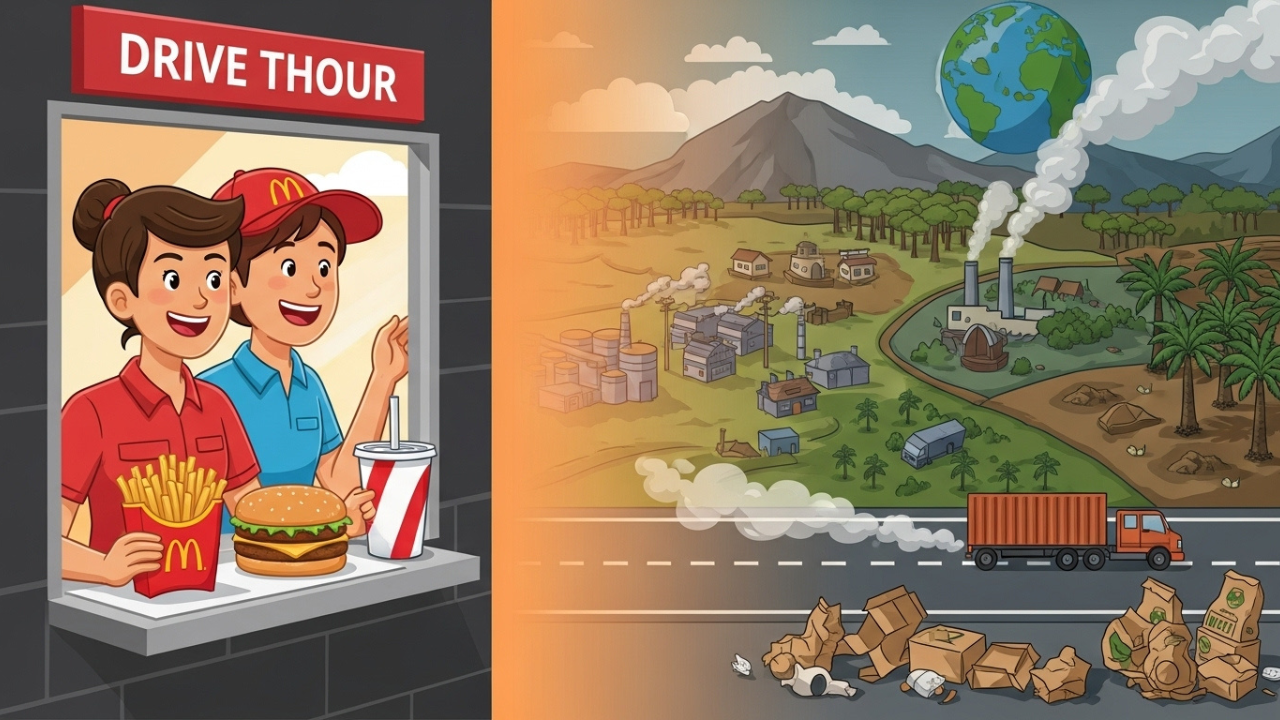
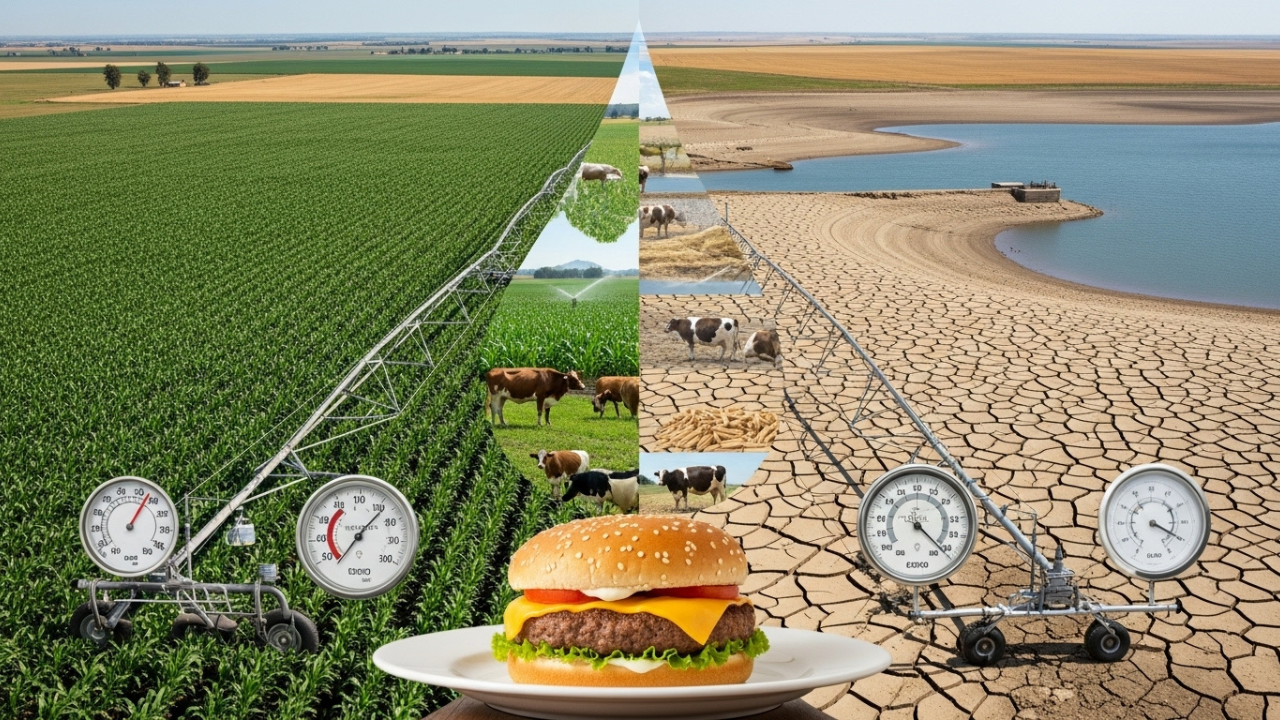
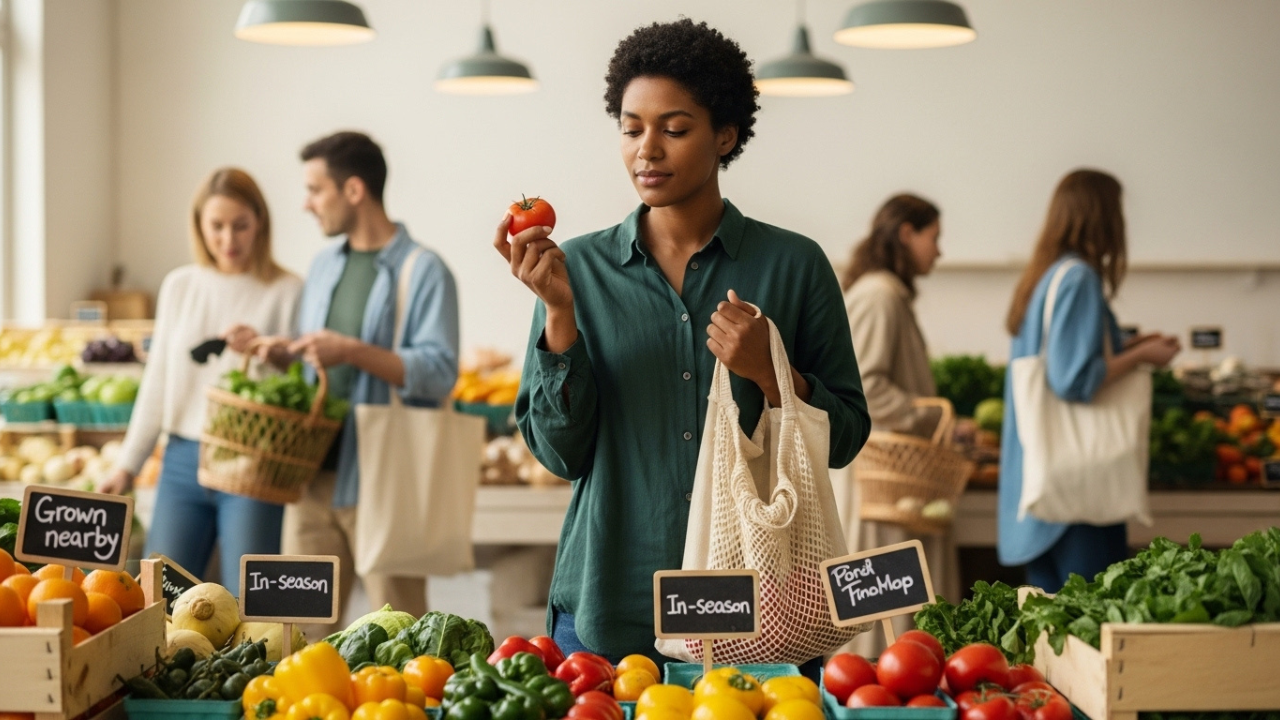

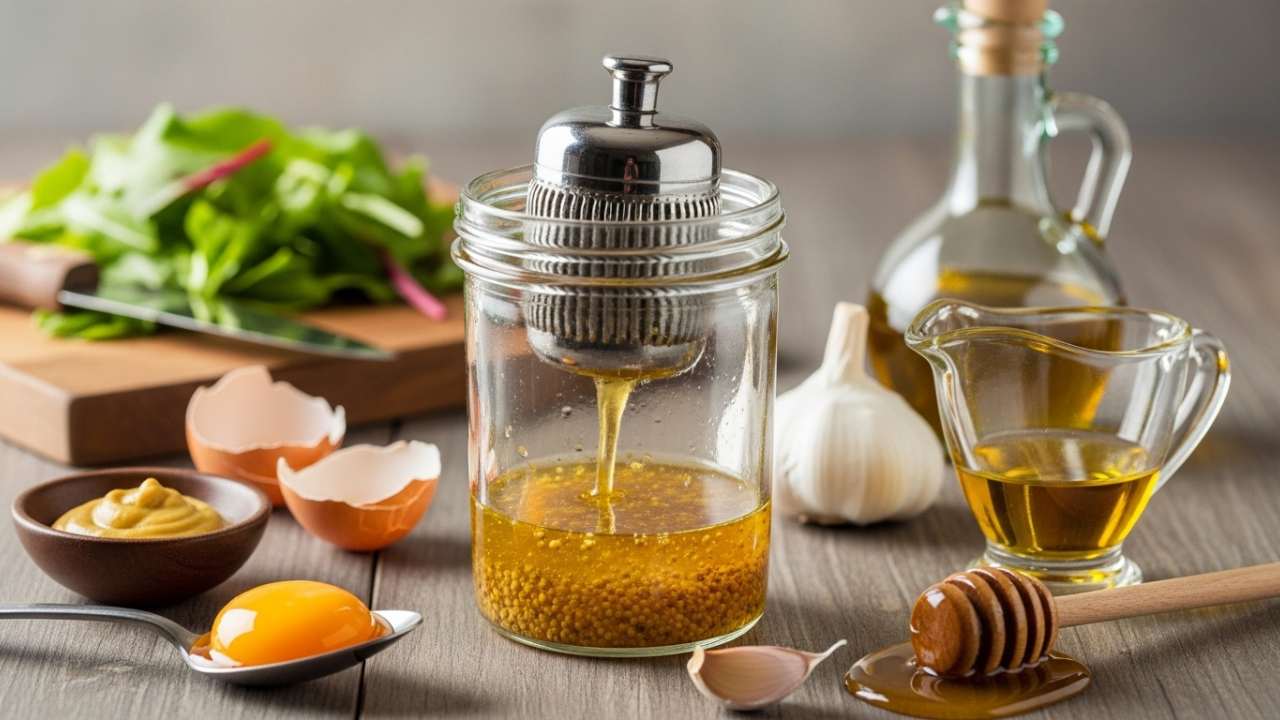
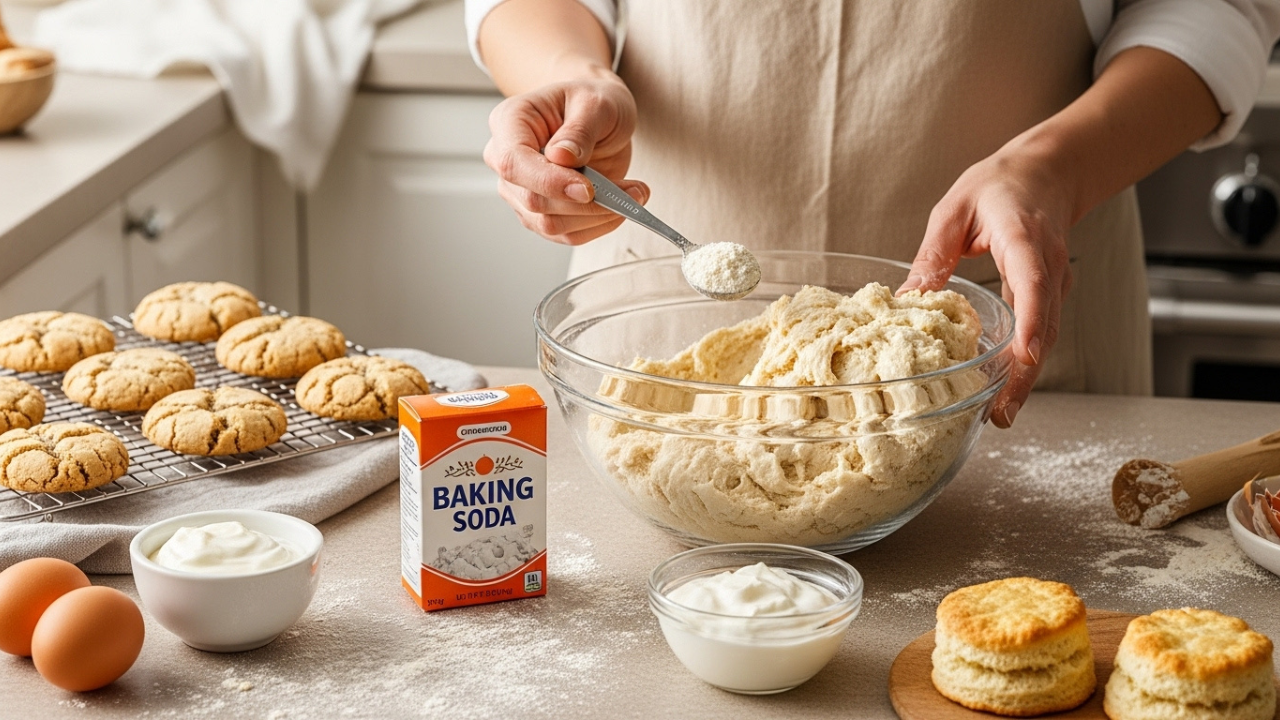


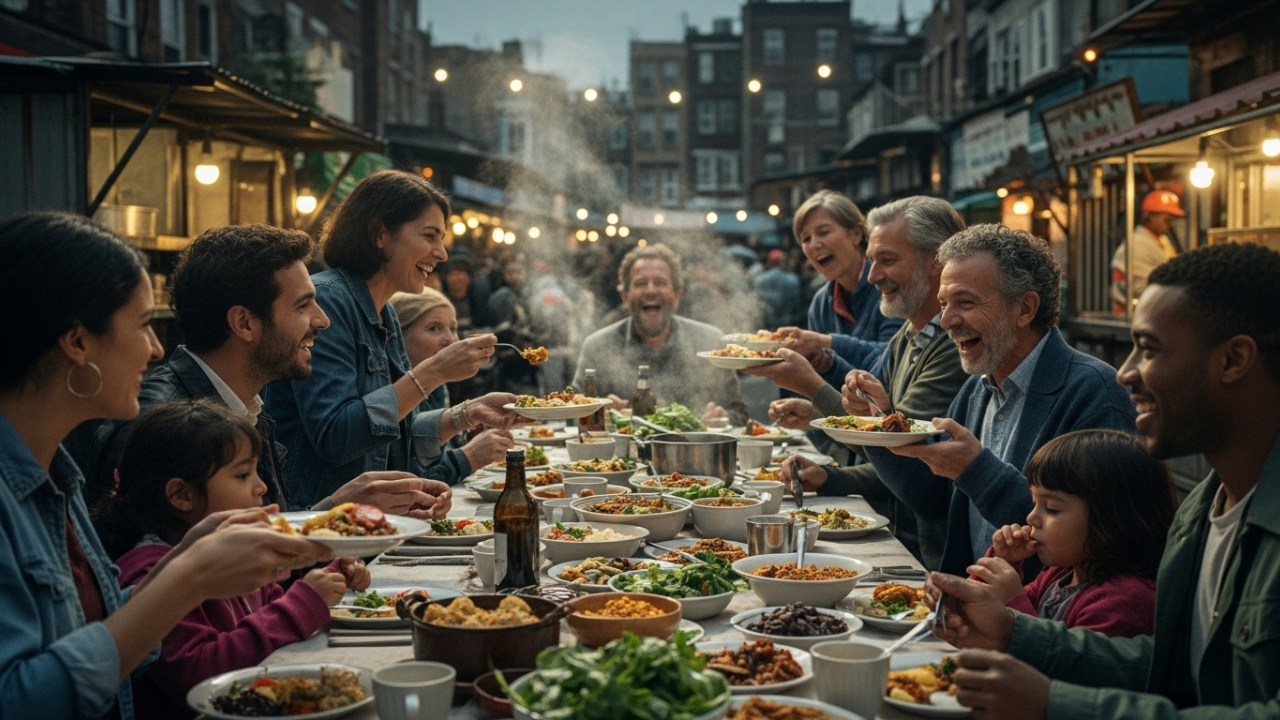
Leave a Reply